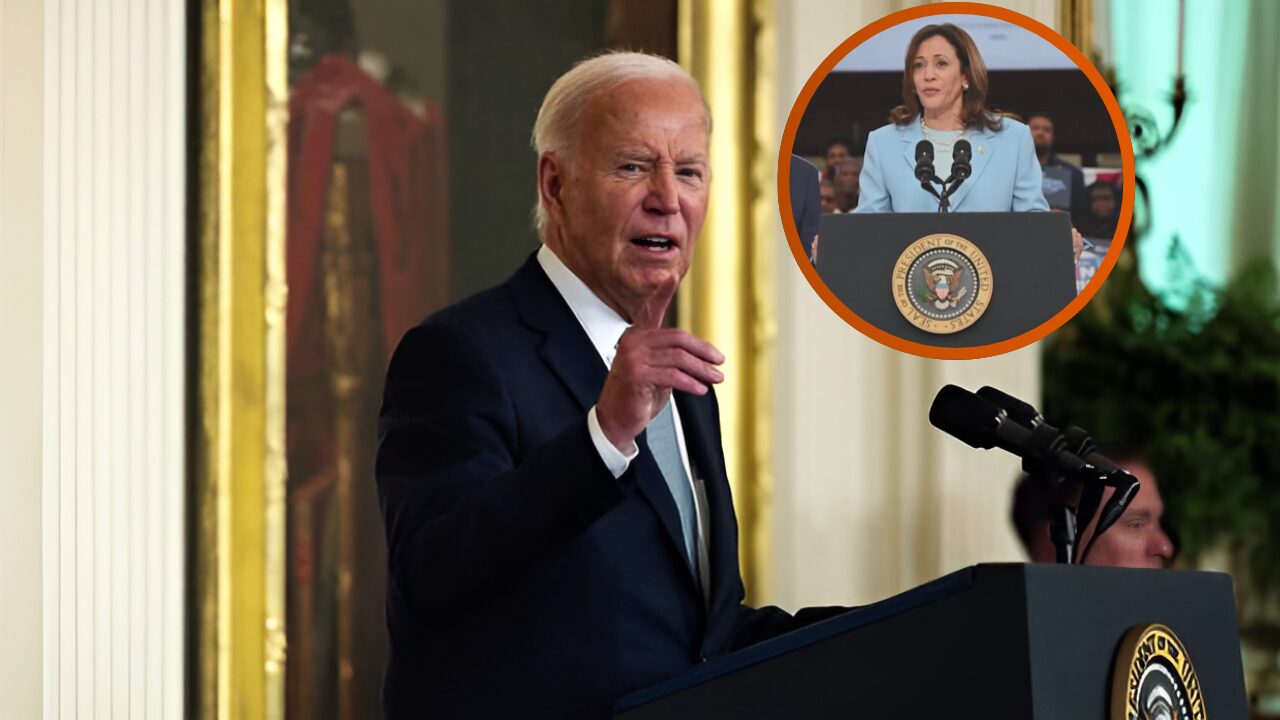
US government and 17 states sue Amazon in landmark monopoly case
US government and 17 states sue Amazon in a landmark monopoly case reflecting years of allegations that the e-commerce giant abused its economic dominance and harmed fair competition.
The historical claim by the Federal Trade Commission and 17 lawyer’s general denotes the public authority’s most keen assault yet against Amazon. This organization got going selling books on the web; however, it has since become known as “the everything store,” venturing into selling an immense scope of customer items, making a globe-crossing planned operations organization, and turning into a force to be reckoned with in different advances, for example, cloud computing.
The 172-page complaint affirms Amazon unjustifiably advances its foundation and administrations to the detriment of outsider merchants who depend on the organization’s web-based business commercial center for circulation.
For instance, as per the FTC, Amazon has hurt rivalry by requiring dealers on its foundation to buy Amazon’s in-house planned operations administrations to get the blockbuster benefits, alluded to as “Prime” qualification. It likewise guarantees the organization anticompetitively powers merchants to list their items on Amazon at the most minimal costs placed on the web, rather than permitting dealers to offer their items at contending commercial centers for a lower price.
That training is, as of now, the subject of a different claim focusing on Amazon documented by California’s main legal officer a year ago. The states involved in the case are Connecticut, Delaware, Maine, Maryland, Massachusetts, Michigan, Minnesota, New Jersey, New Hampshire, New Mexico, Nevada, New York, Oklahoma, Oregon, Pennsylvania, Rhode Island, and Wisconsin.
Mounting monopoly scrutiny
All through, the FTC has examined Amazon — suing the organization in June for supposedly fooling many buyers into pursuing Amazon Prime and arriving at multimillion-dollar settlements in May with the organization over supposed security infringement connected to Amazon’s wise home gadgets.
But the latest suit against Amazon may rank as the most significant of all, because it drives at the heart of Amazon’s e-commerce business and focuses on some of the most persistent criticisms of the company. In a sign of how threatening Amazon perceived Khan’s ascent to be, the company in 2021 called for her recusal from all cases involving the tech giant.












